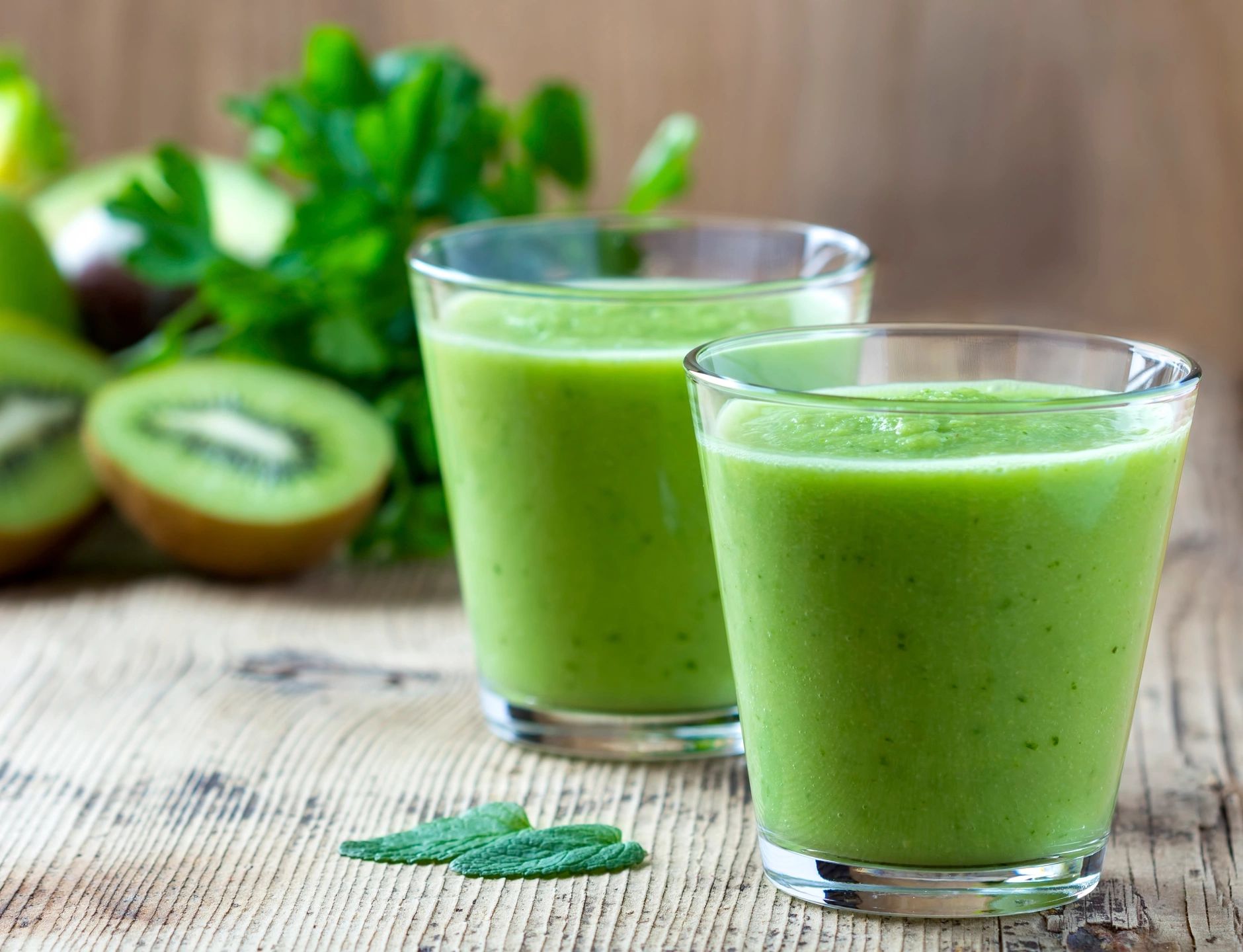
What is Dextrose?
Dextrose is a type of sugar.
When rating the speed at which carbohydrates enter the bloodstream we give them a score against the Glycemic Index (GI).
The higher the GI the faster the carbohydrate enters the system.
Carbohydrates enter the blood stream as glucose and have to be either burned as fuel for energy, stored in muscle cells as glycogen or stored in fat cells as triglycerides.
As the glucose is in the blood stream the body stimulates the release of a carrier hormone insulin, which essentially, takes the glucose from the blood and determines where it is to be deposited.
Dextrose has a very high GI meaning that it enters our system extremely fast and so stimulates a high insulin response very quickly.
Insulin is a very anabolic hormone as it takes not only glucose to muscle cells, but proteins, amino acids and other essential nutrients such as creatine and glutamine.
DEXTROSE AFFECTS INSULIN
Insulin, when controlled optimally can be very beneficial, however when not primed or excreted in abundance we find problems arising such as body fat accumulation, hypoglycemia or even in extreme cases diabetes.
At most times it is wise to use slow releasing, low glycemic, high fiber foods in order to control blood sugar and insulin output optimally. However there are certain times of day when using a high amount of dextrose can be of possible benefit.
When testing for blood sugar disorders, dextrose is often used at a dose of around 75g, and blood sugar levels checked every 15 minutes or so.
Insulin will remove the dextrose from the blood stream and a consequent drop in blood sugar will follow leading to possible physiological changes as light headedness, hunger, weakness, possibly leading to the consumption of further carbohydrates.
This being a vicious circle some find themselves in, spiraling into further and further weight gain when using high glycemic carbs, like dextrose, at inappropriate times.
But, since it is a refined, man-made carbohydrate its use should be limited as the body has no natural means of processing it properly and consistent use, or misuse, is what eventually leads to these degenerative diseases such as diabetes.
That is why nutrient timing is so important.
WHO SHOULD USE DEXTROSE AND WHEN IS IT APPROPRIATE?
Dextrose, used effectively, should be in a dose of around 50 – 75g, for optimal insulin output, often mixed with creatine and glutamine, taken immediately post-workout or first thing in the morning when blood sugar levels are naturally quite low.
Using dextrose in these amounts and at these times can optimize the amount of protein, creatine and other nutrients entering the muscle cell while also elevating insulin levels nicely. Often we see insulin sensitizers or glucose disposal agents such as Alpha Lipoic Acid and D-Pinnotol used for this purpose.
It is generally people who exercise regularly who may benefit from the use of Dextrose at appropriate times. For the average person dextrose is typically useless and should not be regarded as a direct energy booster or energy supplement.
There are 4 calories for every 1g of dextrose. It can be a very sweet tasting but not quite as sweet as regular sugar. For this reason it can often be much more palatable to drink 75g of dextrose than regular table sugar.
Ready to up your post-training game? Super Health Center has dextrose, or more conveniently, Post-workout supplements with the right combination of ingredients to help you achieve your training goals. Stop by the shop and pick yours up today.
